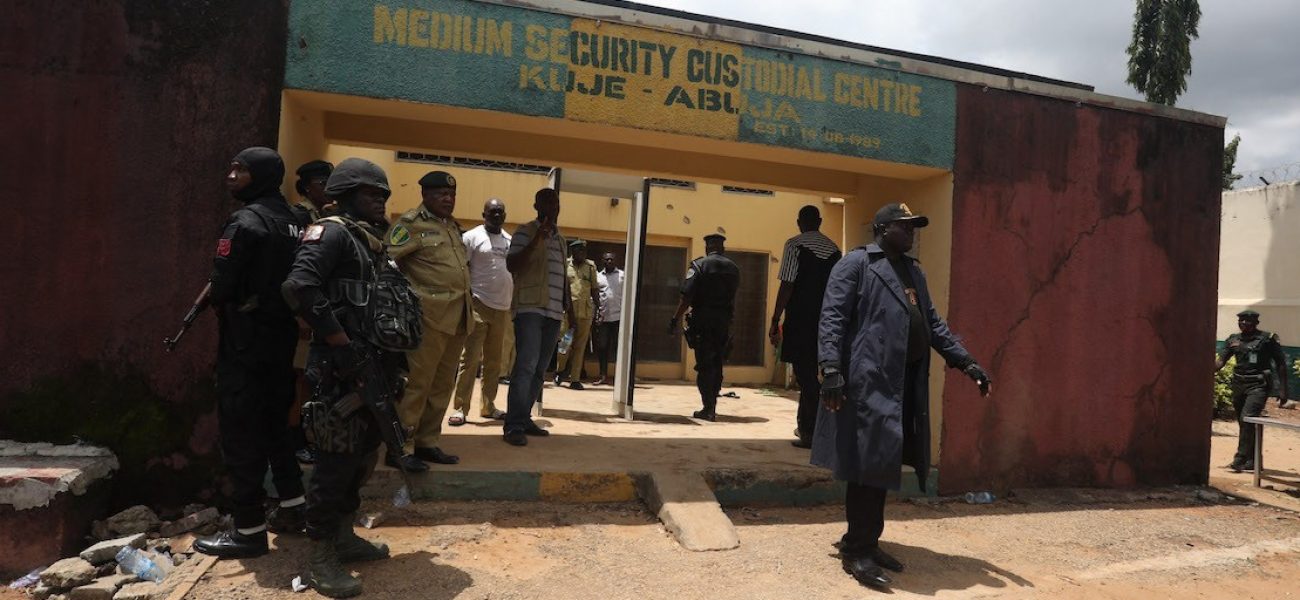Terrorism that has escalated to the height of national concern, again took centre stage on July 5, 2022. Terrorists reportedly invaded the Kuje Medium Security Custodial Centre, where tens of arrested terrorists were being held. They took away their terrorist colleagues and freed the other prisoners. There was limited resistance to the terrorists as they were reported to have left without a fight back from the prison’s security.
the Islamic State West Africa Province (ISWAP) has claimed responsibility for the jail break and springing out of their colleagues. While it is reported that some of the other non-terrorist inmates of the prison have either been recaptured or have returned voluntarily, the terrorists appear to have re-joined their colleagues and are roaming free and ready to attack, perhaps a new target. On the same day of the attack on Kuje Custodial Centre, the advance security convoy of President Muhammadu Buhari heading to his Daura, Katsina State hometown for the Eid-el-Kabir holiday, was attacked.
It will be recalled that terrorists who attacked and abducted passengers of the Abuja-Kaduna train in March 2022, made a video recording where they had initially stated that they were not after money and that the government knew what they wanted. Later on, their demand was said to be the release of their commanders who were in prison custody, in exchange for the release of the abducted passengers. The terrorists then went on to release 11 abductees. The bargain that led to this was unclear. However, after the Kuje jail break, the abductors coincidentally became willing to release more of the abducted passengers in exchange for the payment of ransom and indeed, released several more abductees whose families were able to raise funds to pay their ransom, while still keeping the rest in captivity.
Nigeria’s security crisis has deteriorated incredibly in the last few years. The brazen attack on the President’s convoy, the dramatic invasion of the Kuje Custodial Centre and several recent security attacks on citizens and the nation’s infrastructure have left a hapless citizenry in confusion and helplessness. Evidently, the government does not appear to have the ability to respond to these security challenges or defend its own citizens. Indeed, suspicion continues to grow that the government and the security agencies may have taken a back seat and allowed these terrorists to operate unrestrained.

